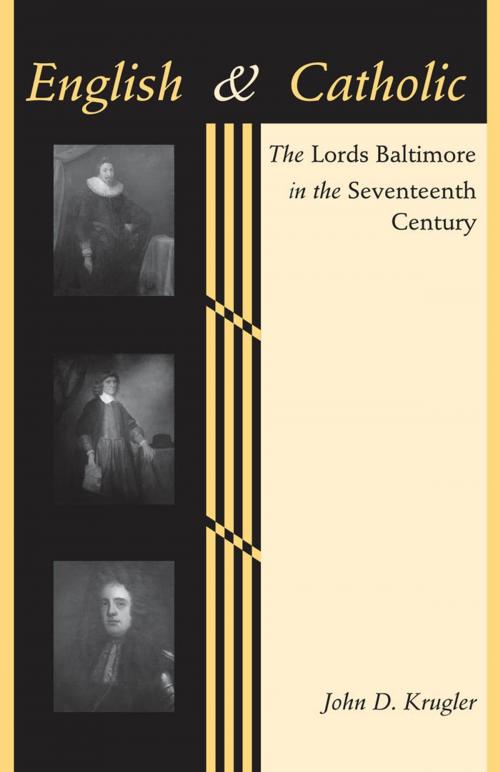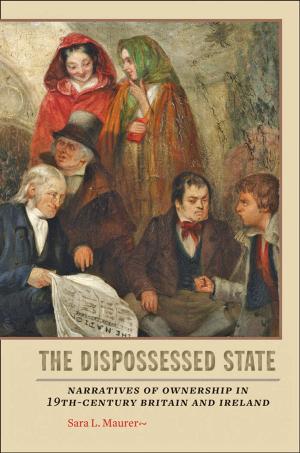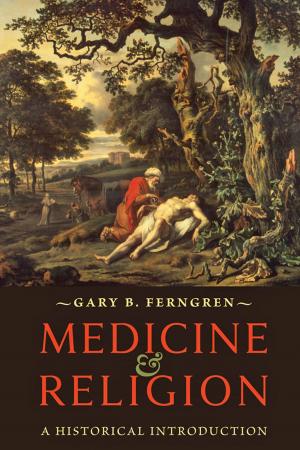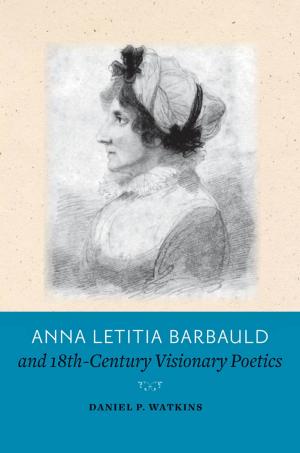English and Catholic
The Lords Baltimore in the Seventeenth Century
Nonfiction, History, European General, Americas, United States| Author: | John D. Krugler | ISBN: | 9781421402000 |
| Publisher: | Johns Hopkins University Press | Publication: | November 1, 2008 |
| Imprint: | Language: | English |
| Author: | John D. Krugler |
| ISBN: | 9781421402000 |
| Publisher: | Johns Hopkins University Press |
| Publication: | November 1, 2008 |
| Imprint: | |
| Language: | English |
In the sixteenth and seventeenth centuries, to be English and Catholic was to face persecution, financial penalties, and sometimes death. Yet some English Catholics prospered, reconciling their faith and loyalty to their country. Among the most prominent was George Calvert, a talented and ambitious man who successfully navigated the politics of court and became secretary of state under King James I. A conforming Protestant from the age of twelve, Calvert converted back to Catholicism when a political crisis forced him to resign his position in 1625. The king rewarded Calvert by naming him Baron of Baltimore in Ireland. Insulated by wealth, with the support of powerful friends, and no longer occupied with court business, Baltimore sought to exploit his land grants in Ireland and Newfoundland. Seeking to increase his own fortune and status while enlarging the king's dominions, he embarked on a series of colonial enterprises that eventually led to Maryland.
The experiences of Calvert and his heirs foster our understanding of politics and faith in Jacobean England. They also point to one of the earliest codifications of religious liberty in America, for in founding Maryland, Calvert and his son Cecil envisioned a prosperous society based on freedom of conscience. In English and Catholic, John D. Krugler traces the development of the "Maryland Designe," the novel solution the Calverts devised to resolve the conflict of loyalty they faced as English Catholics. In doing so, Krugler places the founding and early history of Maryland in the context of pervasive anxieties in England over identity, allegiance, and conscience.
Explaining the evolution of the Calvert vision, Krugler ties together three main aspects of George Calvert's career: his nationalism and enthusiasm for English imperialism; his aim to find fortune and fame; and his deepening sense of himself as a Catholic. Skillfully told here, the story of the Calverts' bold experiment in advancing freedom of conscience is also the story of the roots of American liberty.
In the sixteenth and seventeenth centuries, to be English and Catholic was to face persecution, financial penalties, and sometimes death. Yet some English Catholics prospered, reconciling their faith and loyalty to their country. Among the most prominent was George Calvert, a talented and ambitious man who successfully navigated the politics of court and became secretary of state under King James I. A conforming Protestant from the age of twelve, Calvert converted back to Catholicism when a political crisis forced him to resign his position in 1625. The king rewarded Calvert by naming him Baron of Baltimore in Ireland. Insulated by wealth, with the support of powerful friends, and no longer occupied with court business, Baltimore sought to exploit his land grants in Ireland and Newfoundland. Seeking to increase his own fortune and status while enlarging the king's dominions, he embarked on a series of colonial enterprises that eventually led to Maryland.
The experiences of Calvert and his heirs foster our understanding of politics and faith in Jacobean England. They also point to one of the earliest codifications of religious liberty in America, for in founding Maryland, Calvert and his son Cecil envisioned a prosperous society based on freedom of conscience. In English and Catholic, John D. Krugler traces the development of the "Maryland Designe," the novel solution the Calverts devised to resolve the conflict of loyalty they faced as English Catholics. In doing so, Krugler places the founding and early history of Maryland in the context of pervasive anxieties in England over identity, allegiance, and conscience.
Explaining the evolution of the Calvert vision, Krugler ties together three main aspects of George Calvert's career: his nationalism and enthusiasm for English imperialism; his aim to find fortune and fame; and his deepening sense of himself as a Catholic. Skillfully told here, the story of the Calverts' bold experiment in advancing freedom of conscience is also the story of the roots of American liberty.















